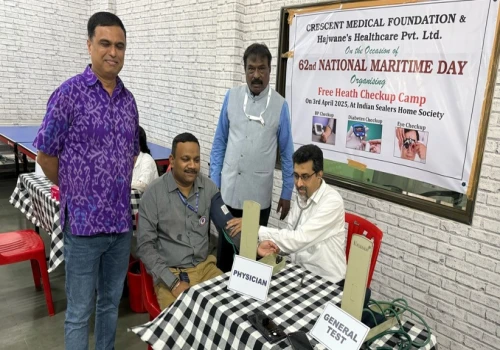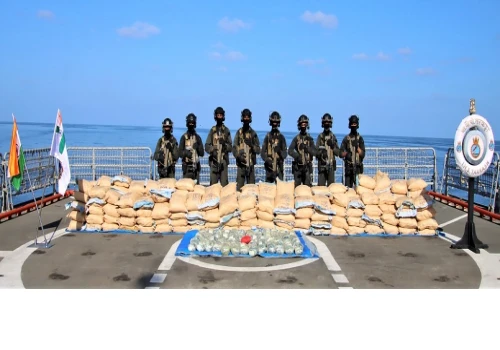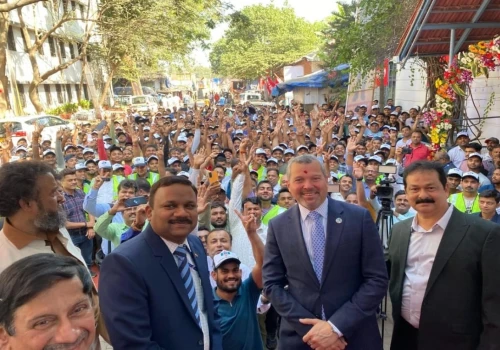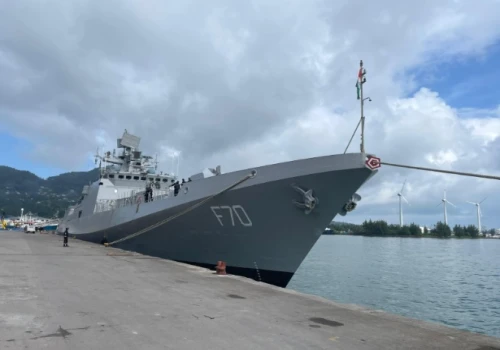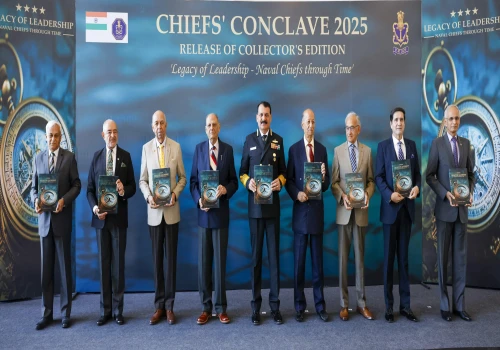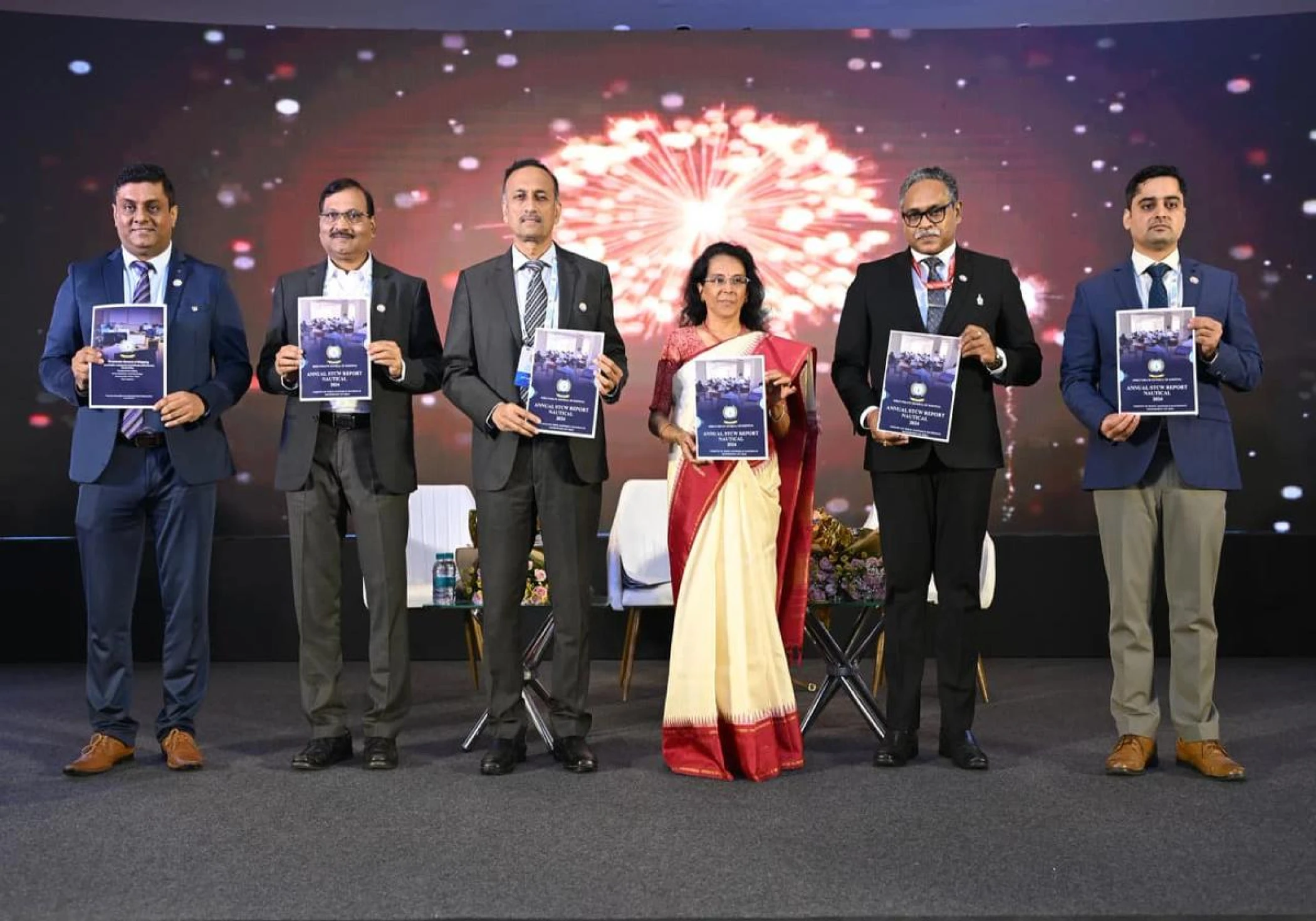
New Delhi, August 26 – India has taken a decisive step towards reshaping its maritime future with the launch of key training and inspection reports by the Directorate General of Shipping (DG Shipping). The initiative sets the roadmap for reforms in seafarer certification, digital learning, and sustainable shipping, aligning India’s maritime sector with global best practices.
The event, themed “India Navigating Through T³: Training, Transition, Transformation,” brought together senior government officials, global maritime experts, policymakers, industry leaders, and academicians to deliberate on the future of India’s maritime training, safety, and sustainability.
Dr. Malini V. Shankar, Vice Chancellor of the Indian Maritime University, emphasized the growing significance of maritime education in preparing a future-ready workforce. Stressing the inclusion of women in seafaring roles, she underscored the need to modernize training to meet global standards. The release of the STCW Nautical and Engineering Reports along with the Comprehensive Inspection Programme (CIP) Report 2025 outlined a roadmap to elevate competency frameworks and ship inspection systems.
Shyam Jagannathan, Director General of Shipping, highlighted India’s vision of becoming a global leader in maritime operations through innovation and resilience.
“India’s seafarers are among the finest in the world, and our responsibility is to provide them with world-class training, technology, and resilience,” he said. He reiterated the government’s focus on digital transformation, sustainability, and global credibility in seafarer certification.
Addressing recent concerns over competency recognition, Mr. Jagannathan clarified:
“There has been a misconception that we are preventing seafarers with foreign competencies from pursuing their careers. That is incorrect. All they need to do is submit their competencies to us, and we validate them within a stipulated timeframe. This process protects Indian seafarers and safeguards against fraudulent certifications.”
To strengthen training integrity, DG Shipping has barred unaccredited institutions from issuing certifications and mandated strict compliance with accreditation norms. New training institutions will be allowed only after meeting DG Shipping standards in line with international benchmarks.
Highlighting the role of technology, Mr. Jagannathan announced the rollout of a Learning Management System (LMS) to digitize and standardize maritime training nationwide. The LMS will feature uniform classroom modules, faculty development programs, and continuous upgrades aligned with international regulations.
“Technology is ever-changing, and our goal is to create a scalable, upgradable, and globally compliant learning ecosystem,” he said.
On the climate front, Mr. Jagannathan reaffirmed India’s commitment to a Just Transition in maritime operations, with a focus on sustainability and resilience against environmental risks.
“With over 11,000 km of coastline, India’s geo-strategic location makes it critical for us to prepare our seafarers for a future shaped by sustainability and climate adaptation. Green shipping policy and renewable energy adoption are the way forward,” he stated.
The new reforms signal India’s determination to modernize its maritime ecosystem, enhance global trust in Indian seafarers, and position the country as a hub for sustainable, technology-driven shipping.


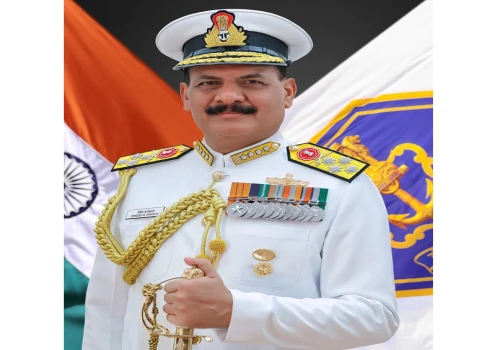
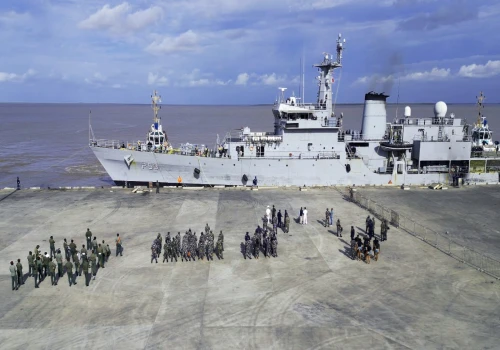
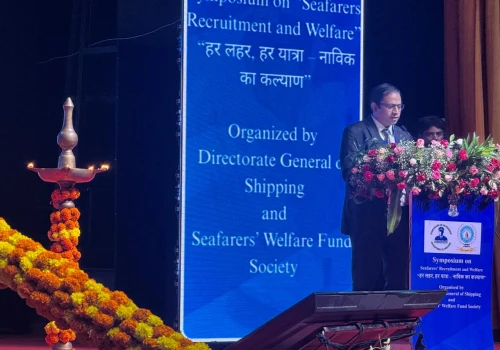
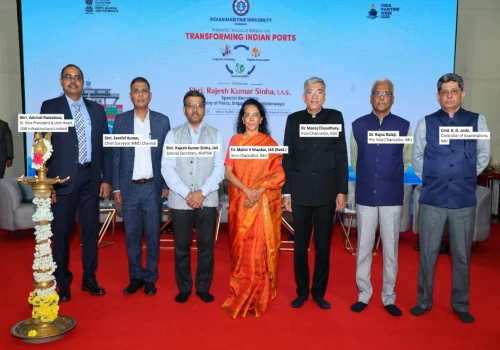
![Seafarers’ Welfare in Focus: National Symposium Charts the Future of Recruitment and Rights [Director General of Shipping] Seafarers’ Welfare in Focus: National Symposium Charts the Future of Recruitment and Rights [Director General of Shipping]](https://www.brutimes.com/cache/CIDCO Convention Centre, Navi Mumbai_500_x_350.webp)
